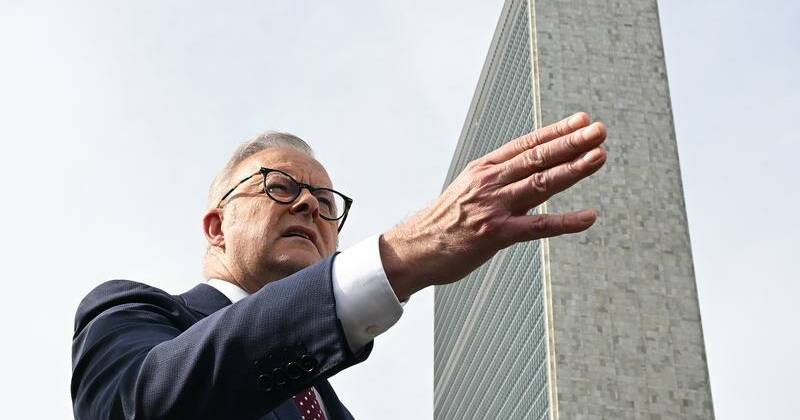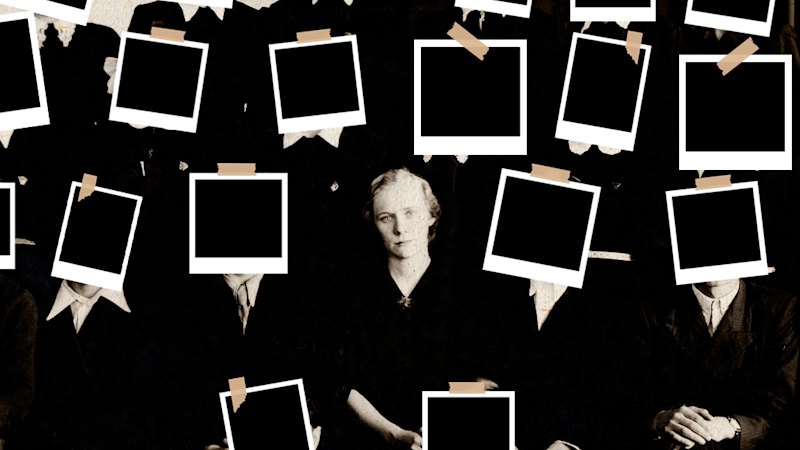
BREAKING: Australia has officially recognized the state of Palestine, a significant shift in its foreign policy that could reshape international relations. This announcement comes as Prime Minister Anthony Albanese attends the United Nations General Assembly in New York, where he faces mounting pressure from allies and opponents alike.
The recognition, effective from Sunday night, positions Australia alongside the UK and Canada, joining over 140 United Nations member states that acknowledge Palestinian statehood. This move aims to build momentum for a two-state solution amidst escalating humanitarian crises in Gaza.
In a joint statement, Albanese and Foreign Minister Penny Wong stated, “Australia recognizes the legitimate and long-held aspirations of the people of Palestine to a state of their own.” They emphasized that this action reflects Australia’s commitment to a two-state solution, seen as the only viable path to lasting peace for both Israelis and Palestinians.
Albanese further stressed the need for urgent actions: “We want to see a ceasefire. We want to see the hostages released.” He reiterated that the first steps towards peace must include a cessation of hostilities in Gaza and the release of hostages held by Hamas, the group that governs the territory.
Riyad Mansour, Palestine’s Ambassador to the UN, urged nations to consider the broader context of statehood rather than focusing solely on contentious issues. Meanwhile, the Executive Council of Australian Jewry expressed its deep concern, arguing that there is no Palestinian entity capable of fulfilling the criteria for statehood.
Israeli Prime Minister Benjamin Netanyahu condemned Australia’s recognition, declaring it a “reward to terrorism.” He stated on social media that “there will be no Palestinian state to the west of the Jordan River,” signaling strong opposition from Israel.
Albanese is navigating diplomatic tensions, particularly with the U.S., where a group of Republican Congress members warned that recognition could jeopardize Australia’s relationship with its most important ally. They cautioned that such a decision might invite retaliatory measures from the U.S.
This recognition could complicate bilateral discussions during Albanese’s trip, especially as Australia seeks reassurances regarding the AUKUS defense agreement and the reduction of tariffs on Australian imports to the U.S.
Opposition Leader Sussan Ley criticized the government’s decision, asserting that it could bolster Hamas’s credibility and extend a “hollow gesture of false hope” to the Palestinian people.
As tensions rise, all eyes are on the developments in the region and how this recognition will impact future diplomatic relations. With humanitarian suffering in Gaza worsening, the urgency for a ceasefire and a viable peace process is more pressing than ever.
Stay tuned as we continue to follow this urgent story and its implications for Australia and the global community.






